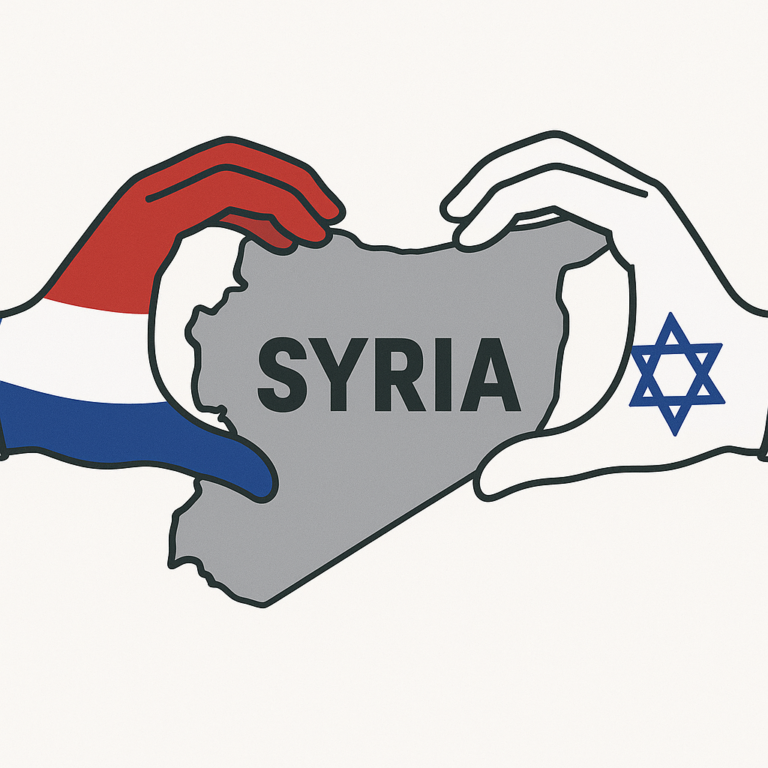Busan, 2 December 2024 – Countries negotiating an international legally binding instrument on plastic pollution, including in the marine environment, adjourned their fifth session today with agreement on a ‘Chair’s Text’ that will serve as the starting point for negotiations at a resumed session in 2025.
Over 3,300 delegates – including Members representing more than 170 nations and Observers from more than 440 organizations – have been meeting in Busan, Republic of Korea, since 25 November for the fifth session of the Intergovernmental Negotiating Committee (INC-5). Through the week, Members negotiated two documents by the INC Chair, Ambassador Luis Vayas Valdivieso, before agreeing on the closing day to transmit the Chair’s Text to the resumed session.
“The world’s commitment to ending plastic pollution is clear and undeniable. Here in Busan, talks have moved us closer to agreeing on a global legally binding treaty that will protect our health, our environment, and our future from the onslaught of plastic pollution,” said Inger Andersen, Executive Director of the UN Environment Programme (UNEP).
“This week’s meeting has made good progress towards securing the deal the world demands. Through the Busan talks, negotiators have reached a greater degree of convergence on the structure and elements of the treaty text, as well as a better understanding of country positions and shared challenges. But it is clear there is persisting divergence in critical areas and more time is needed for these areas to be addressed.”
“At UNEA 5.2, the world promised to tackle plastic pollution. Now, at the next round of talks, the world will have the opportunity to finally make that a reality. An opportunity we cannot afford to miss,” she added.
Following INC-5, the Committee is expected to request the Executive Director of UNEP to inform delegations of the venue for the resumed fifth session.
“Our mandate has always been ambitious. But ambition takes time to land. We have many of the elements that we need, and Busan has put us firmly on a pathway to success,” said Ambassador Vayas. “I call on all delegations to continue making paths, building bridges, and engaging in dialogue.”
“Let us always remember that our purpose is noble and urgent: to reverse and remedy the severe effects of plastic pollution on ecosystems and human health,” he added.
In March 2022, at the resumed fifth session of the UN Environment Assembly (UNEA-5.2), a historic resolution was adopted to develop an international legally binding instrument on plastic pollution, including in the marine environment. The instrument, according to the resolution, is to be based on a comprehensive approach that addresses the full life cycle of plastic, including its production, design, and disposal.
“We have tested the resilience of this planet to its limit, now is the time for us push our own limits and honour the trust placed in us – we have no choice but to succeed. You have the INC Secretariat’s and my unwavering support to get this done,” said Jyoti Mathur-Filipp, Executive Secretary of the INC Secretariat.
INC-5 follows four earlier rounds of negotiations: INC-1, which took place in Punta del Este, in November 2022, INC-2, which was held in Paris in June 2023, INC-3, which happened in Nairobi in November 2023, and INC-4, held in Ottawa in April 2024.
About the Intergovernmental Negotiating Committee
United Nations Environment Assembly resolution 5/14 requested the Executive Director of UNEP to convene an intergovernmental negotiating committee, to begin its work during the second half of 2022, with the ambition of completing its work by the end of 2024. The INC is tasked with developing an international legally binding instrument on plastic pollution, including in the marine environment, which could include both binding and voluntary approaches, based on a comprehensive approach that addresses the full life cycle of plastic.



